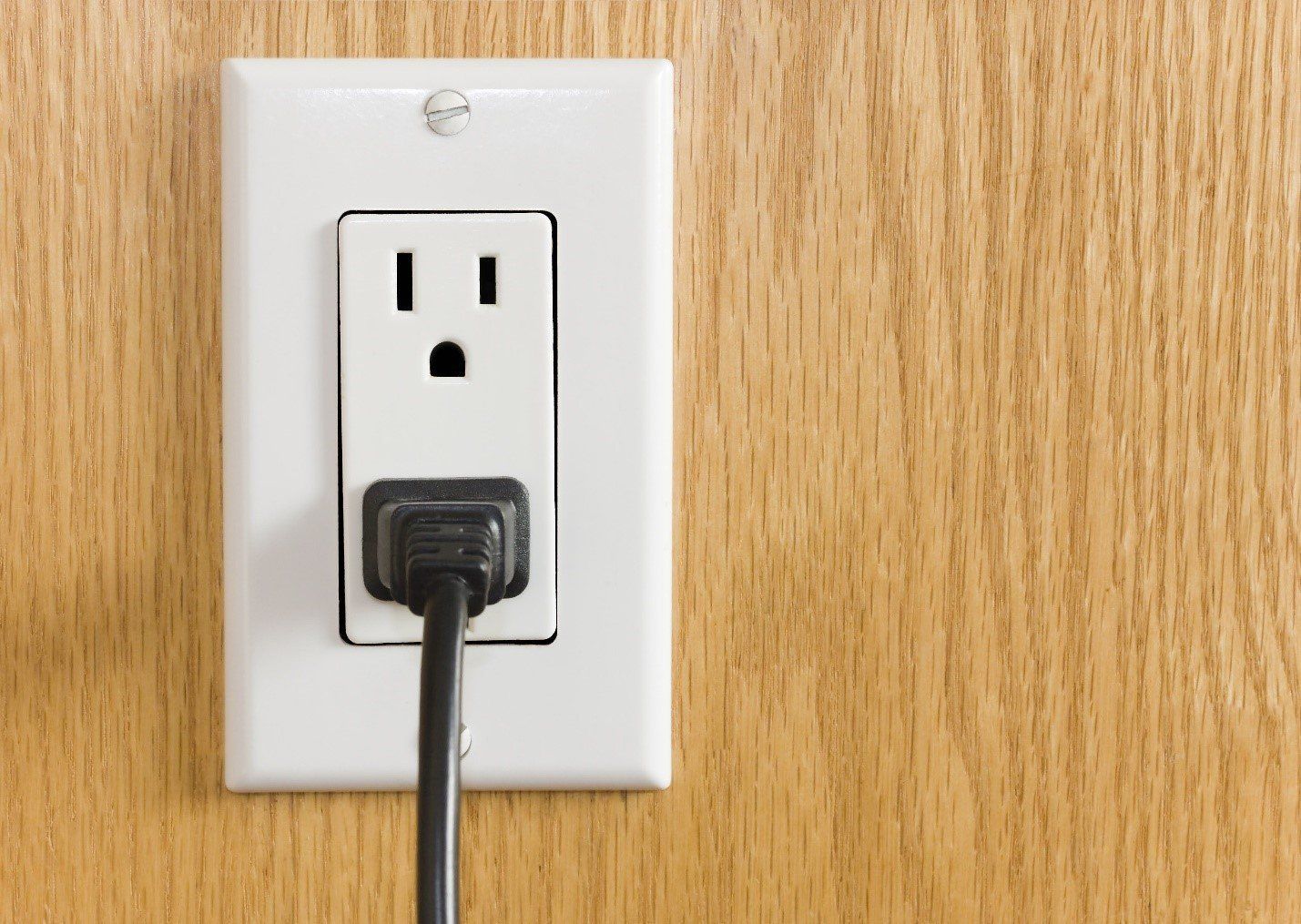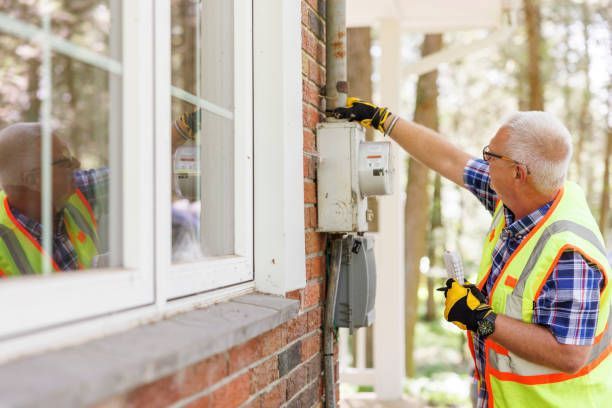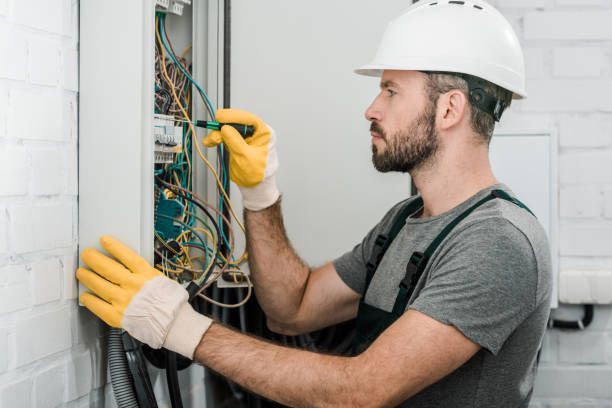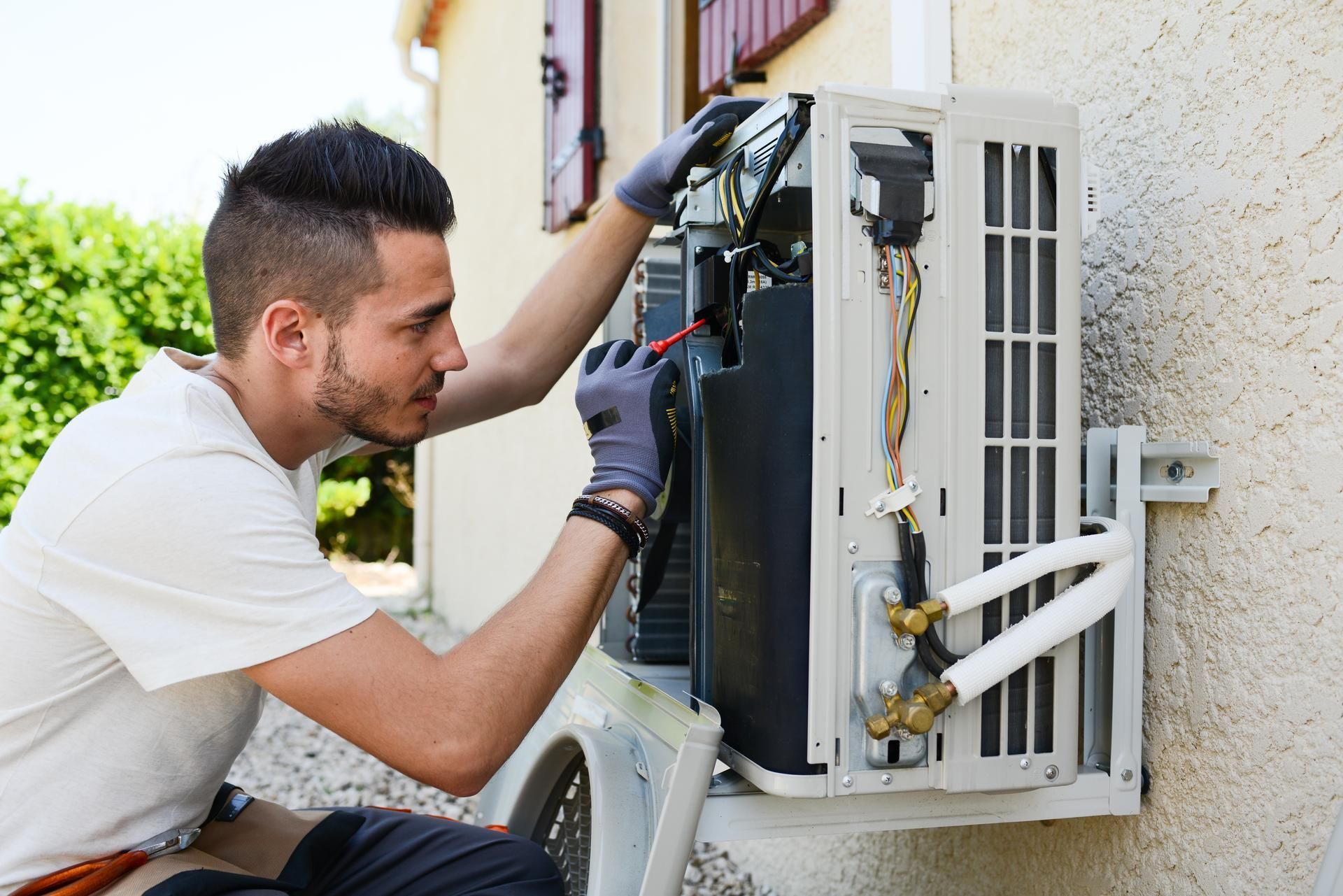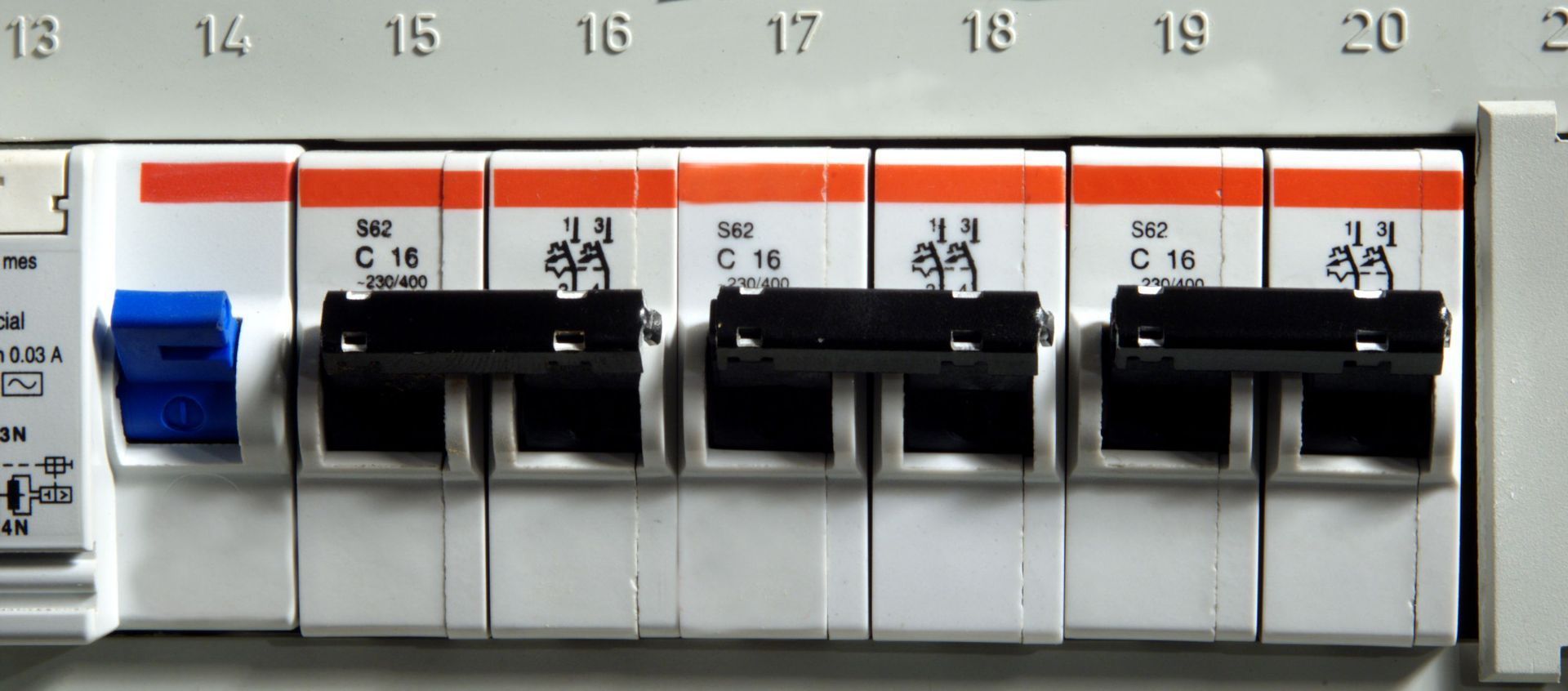Reasons to Avoid DIY Electrical Work
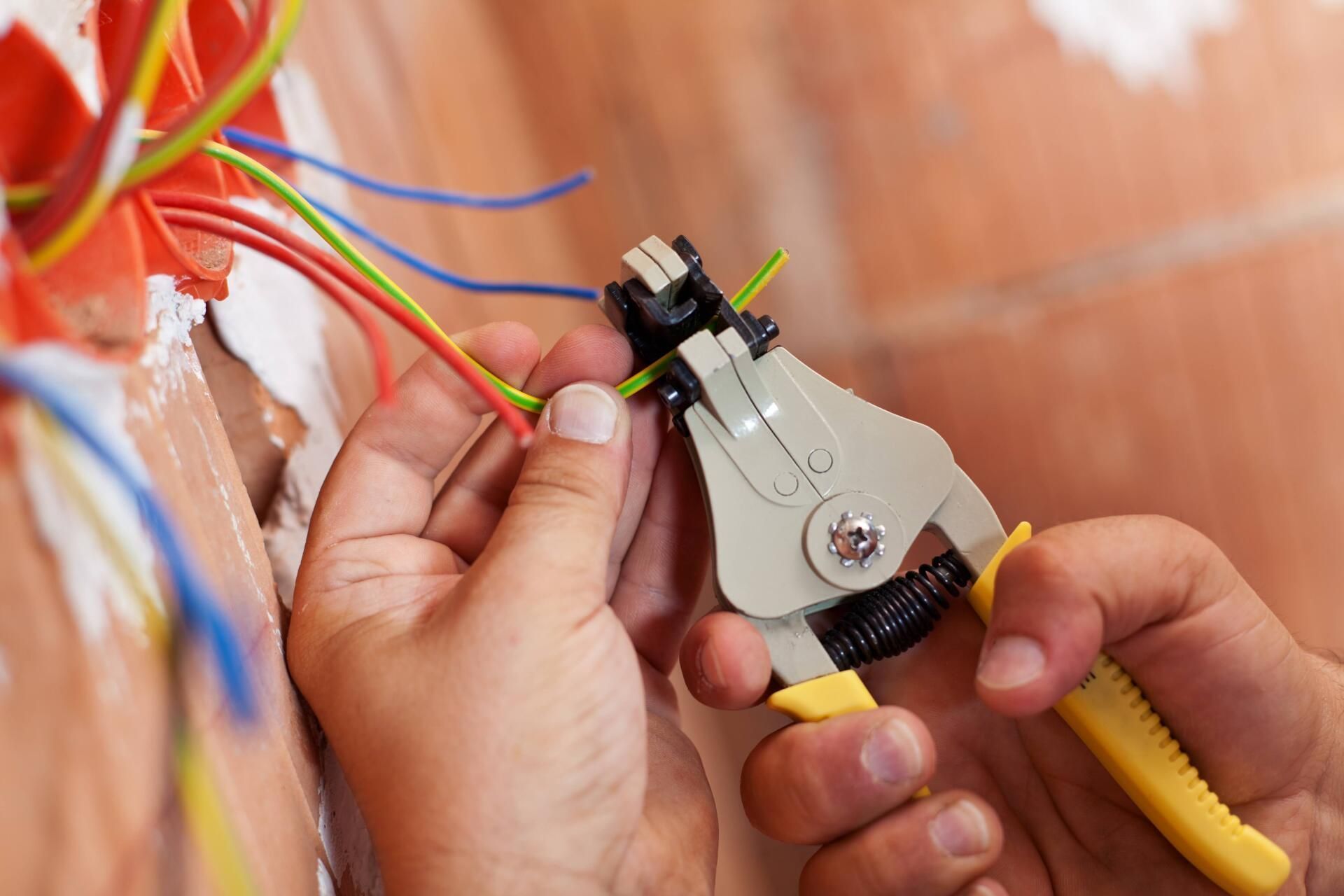
DIY is a popular trend. So it is not surprising that home improvement programs today have a DIY tip for everything. Still, some DIY attempts yield disastrous results for people without the relevant tools and training.
One job you should never try to DIY is electrical repairs. DIY electrical work gone wrong can result in a fire, electrocution, or further damage to your electrical system. Here are reasons to leave electrical work to the experts.
1. Non-Compliance With Safety Requirements
Your electrical components must pass a safety inspection before you can use them. When you do DIY electrical work, there is no guarantee that your electrical fixtures are safe for use. This is because you will not know what to look out for as you do not have the relevant training to do a safety inspection. Thus, you risk using electric components that put your safety at risk.
If you decide to sell your house, potential buyers may hire a professional to inspect your electrical system. A professional will quickly identify low-quality DIY work, which may reduce your prospects of making a quick sale.
2. Risk of Injuries
Electric currents are very dangerous for the human body. After experiencing electric shock, a person may have burns or lose consciousness. Electric shock by a strong volt may result in long-term effects like memory loss, loss of balance, and a coma or heart attack in severe cases.
An untrained person is at risk of electrocution because they do not have the right tools to handle wiring and cannot identify hazardous electrical connections. Seeking the services of a professional electrician is the only way to avoid the risk of injury and death.
3. Electrical Fire Hazard
Approximately 51,000 electrical fires occur every year in the US. A faulty wire connection or leaving a wire naked can spark a fire when you least expect it. Most electrical fires do not happen instantly. You may stay for months without experiencing problems after a DIY repair. Then one day, an electric surge or a short in the wiring triggers fire in faulty electrical work.
4. Breaking Permit Regulations
Most states require people doing electrical work to have a permit. So if you do electrical work without a permit, you could find yourself on the wrong side of the law. Some electric jobs you cannot do without a permit include:
- Installing permanent wiring
- Adding wiring
- Installing low-voltage systems like security alarms
- Adding outlets
If found doing any of the above jobs without a permit, you must pay a fine.
5. Nullifying Insurance
If you cause damage or an electrical fire while doing DIY electrical work, the damage amounts to negligence. Damage caused by negligence nullifies your homeowner's insurance policy. Your insurance provider inspects your home after you claim compensation for damages. If they find that your electrical work does not comply with local building codes, you get no compensation.
6. Wrong Products
There are many electrical products on the market, and only an expert knows which components are most suitable. When picking out products to do a DIY job, you may select items with the wrong size, voltage capacity, or insufficient power. Other times, you use poor-quality products that do not last long. A professional electrician knows how much voltage different electrical systems can handle. They know the wires that work with different components and which products are the best in the market.
When you invite an electrician to fix an electrical problem, they inspect your system to diagnose it before attempting repairs. Additionally, they have the skills and equipment needed to do electrical work correctly. If you need electrical repairs, do not risk the consequences of an improper DIY job. Instead, call the experts at Reinhold Electric.
Contact us today for expert electrical repairs.
